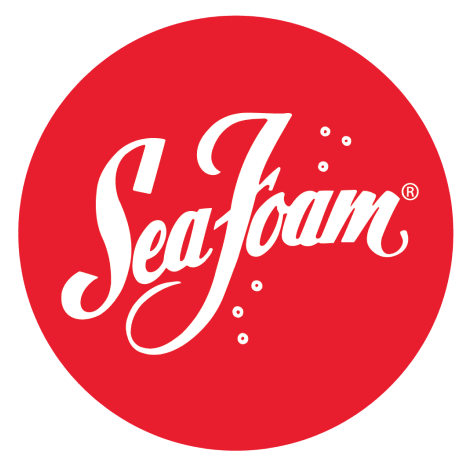Does Sea Foam help fuel/water phase separation? [SOLVED]
Does Sea Foam Marine PRO work for phase separation?
Thanks for the question, Bryan.
I am going to suppose that you’re referring to water/fuel phase separation that can occur in gasoline. It’s important to understand that phase separation is unusual. Most occurrences include pre-contaminated fuel (pump fuel contaminated with water), vandalism (someone poured water into the tank), or a fuel tank was neglected/unattended over a long period of time.
Here is part of a Sea Foam blog feature that describes phase separation:
FUEL PHASE SEPARATION occurs when the alcohol in blended fuel (ethanol) can no longer absorb and suspend the water within the petroleum phase. The separation event happens when the denser alcohol and water mixture separates from the petroleum phase and drops underneath to the bottom of the tank.
BE AWARE: No fuel treatment can resolve direct water contamination or fuel phase separation. Any fuel contaminated with water is ruined and should be removed immediately. However, very small amounts of water in fuel can be managed by isopropyl alcohol.
A FEW MORE THINGS:
>Non-oxygenated gasoline canNOT suspend water. Water will immediately fall and layer underneath the gasoline as a separate phase.
>12 fluid ounces of unsaturated isopropyl can solubilize/suspend up to 2.8 teaspoons of water before the water will separate from the fuel phase. Isopropyl and ethyl alcohol (ethanol) are not the same thing.
>Isopropyl alcohol (safe, derived from petroleum) and ethyl alcohol (corrosive, derived from grain) do not share the same characteristics.

Jim D.TECH
0